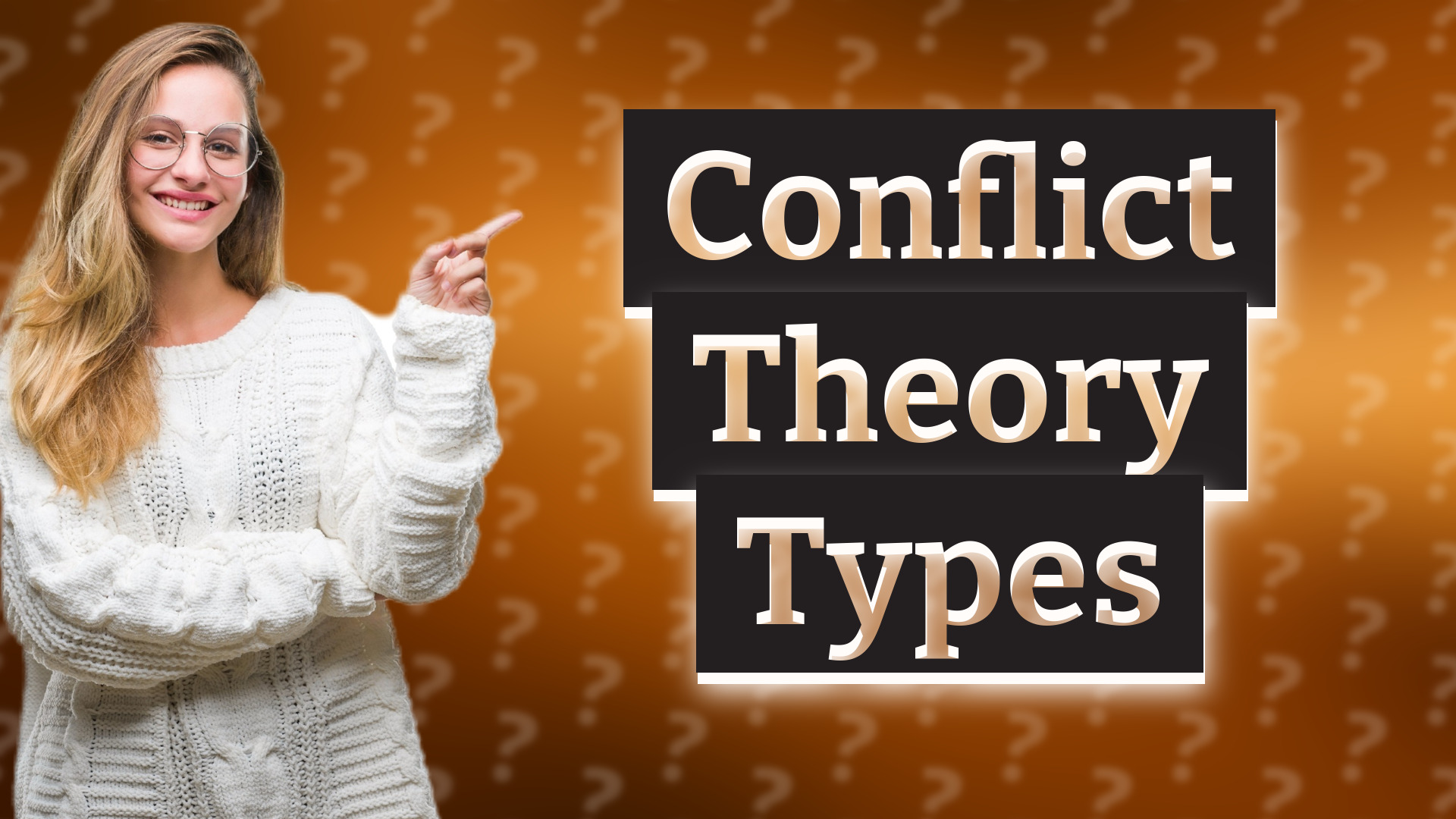
Understand the key types of conflict theory: Class, Gender, and Race, and their impacts on society.
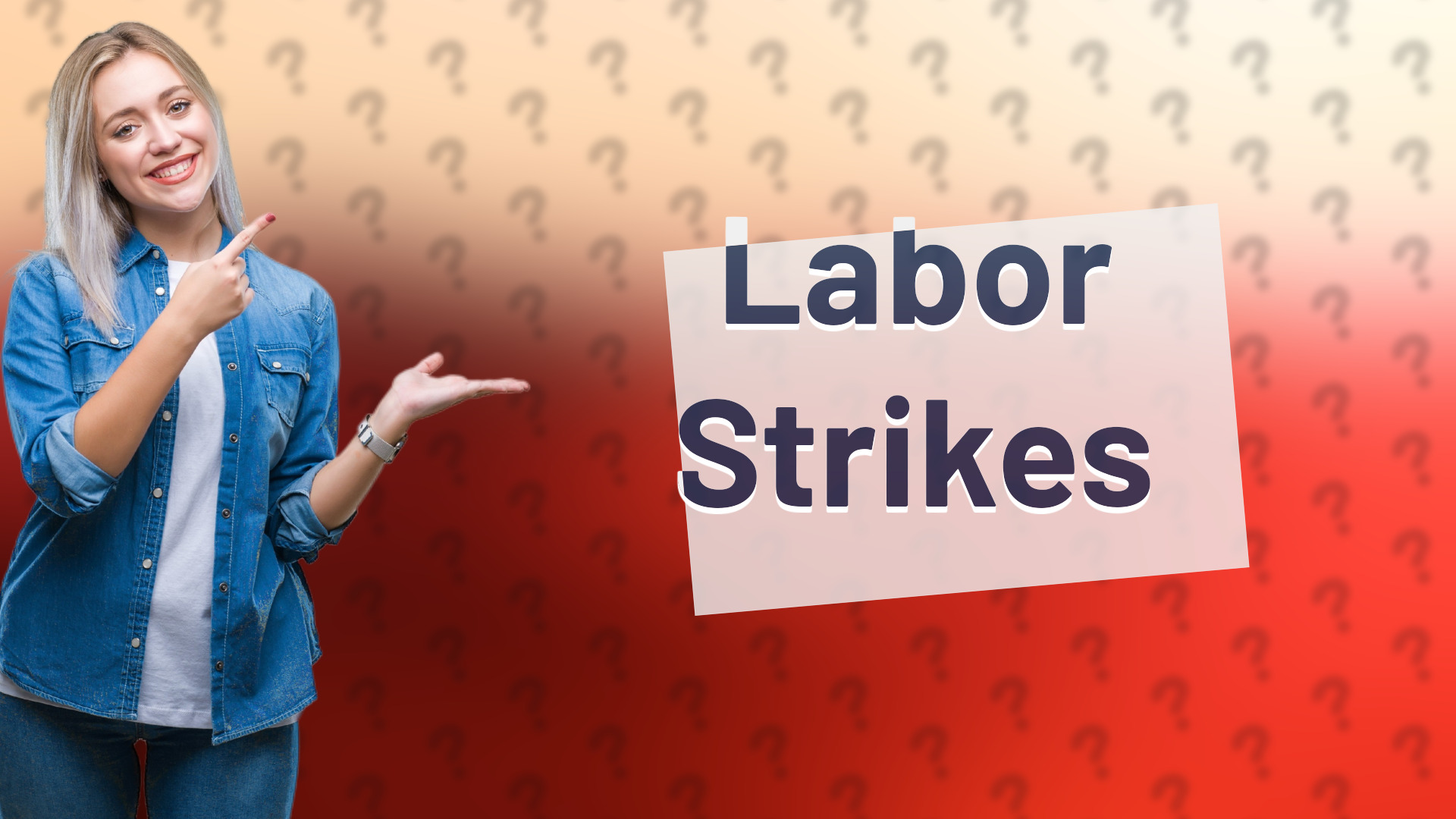
Explore conflict theory through the lens of labor strikes in the Industrial Revolution and the struggle for workers' rights.
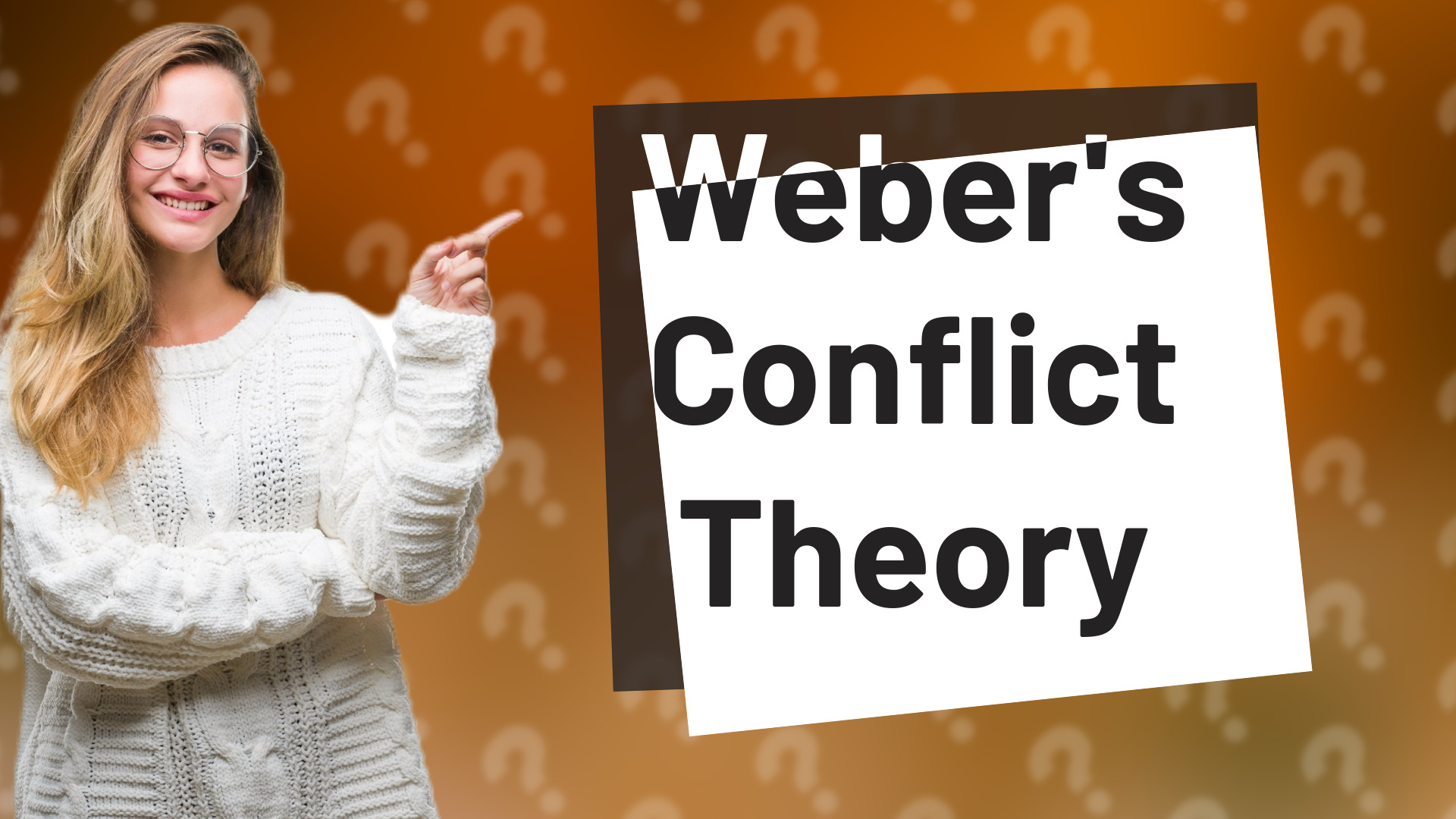
Explore Max Weber's conflict theory and its focus on power, authority, and social inequalities in society.
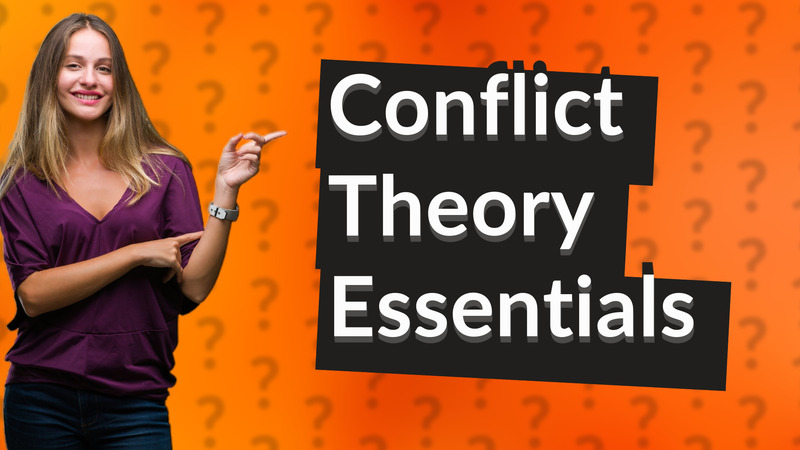
Discover the primary concerns of conflict theory: power disparities and resource allocation. Explore how these issues shape societal inequalities.
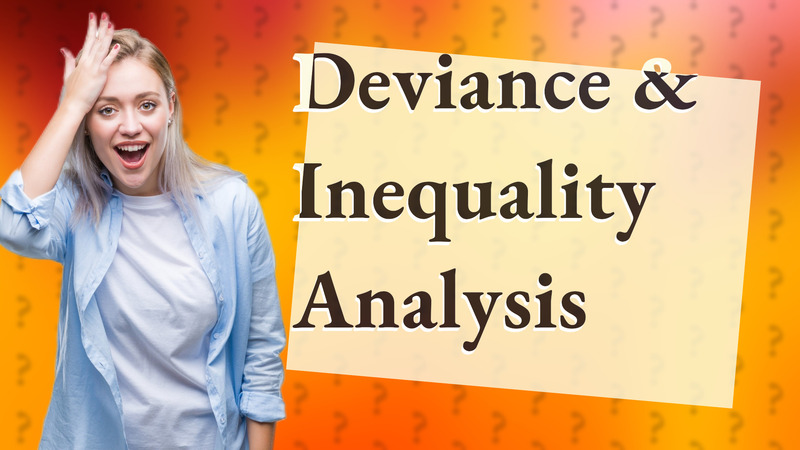
Explore how social conflict theory explains deviance and inequality in society by examining power dynamics.
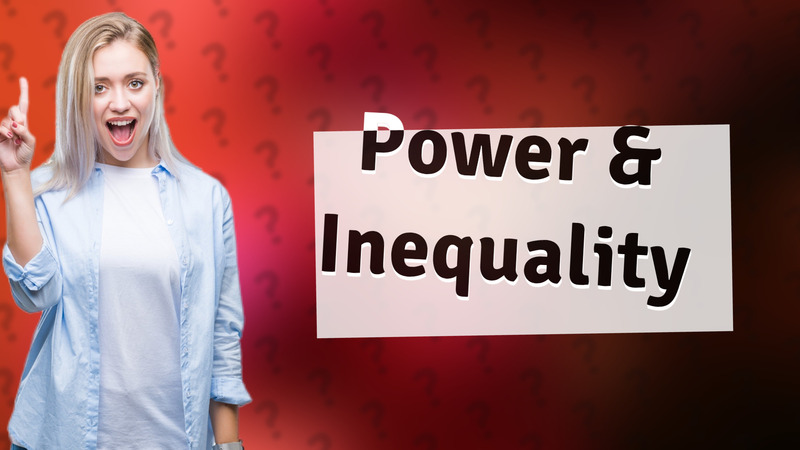
Explore how conflict theorists view power and inequality as the central elements shaping human society.
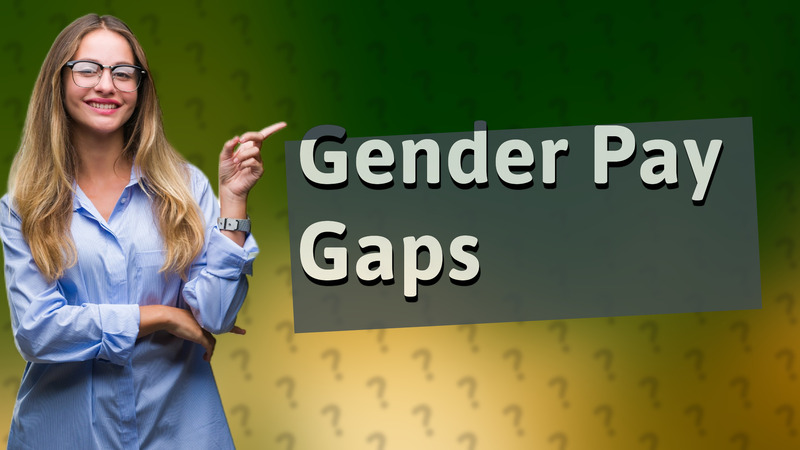
Explore how conflict theory explains gender pay gaps and systemic disparities in power and resources.
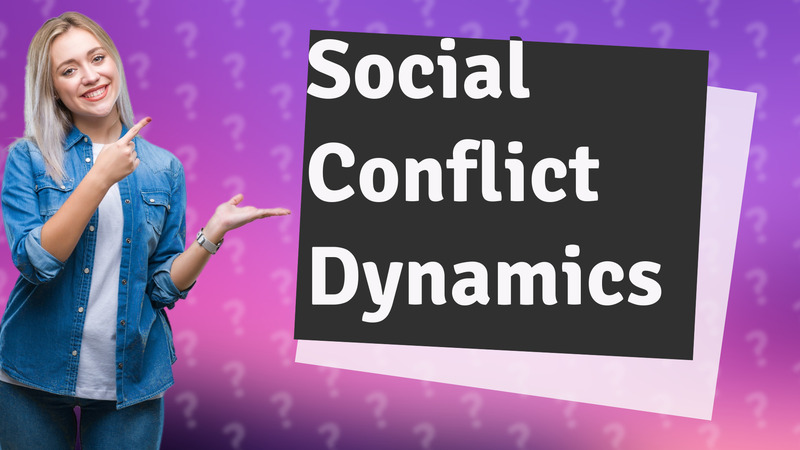
Explore the social conflict approach, emphasizing societal inequality and power struggles that shape human interactions.
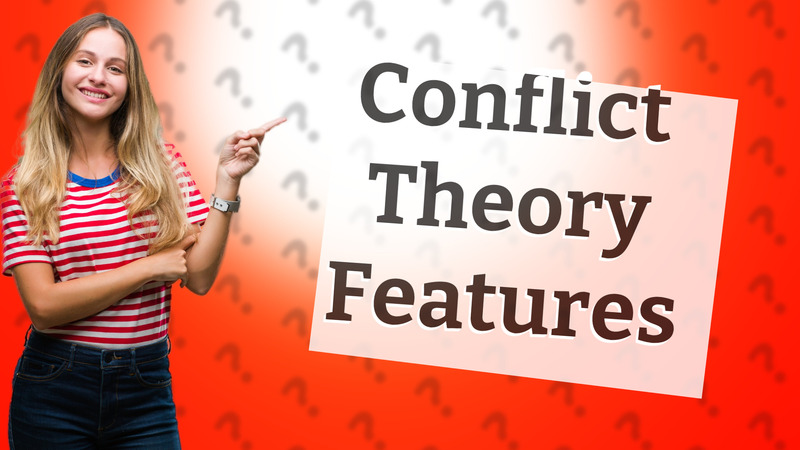
Learn about the four essential features of conflict theory and how they impact societal dynamics.
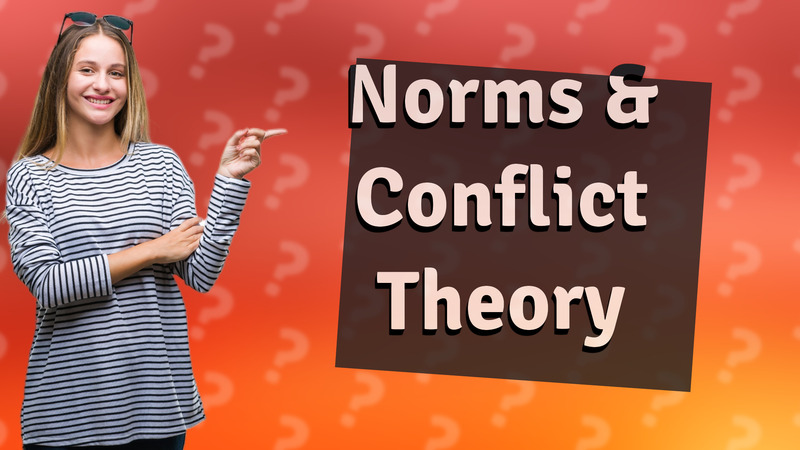
Explore how conflict theory views norms as tools for power dynamics and social inequality.
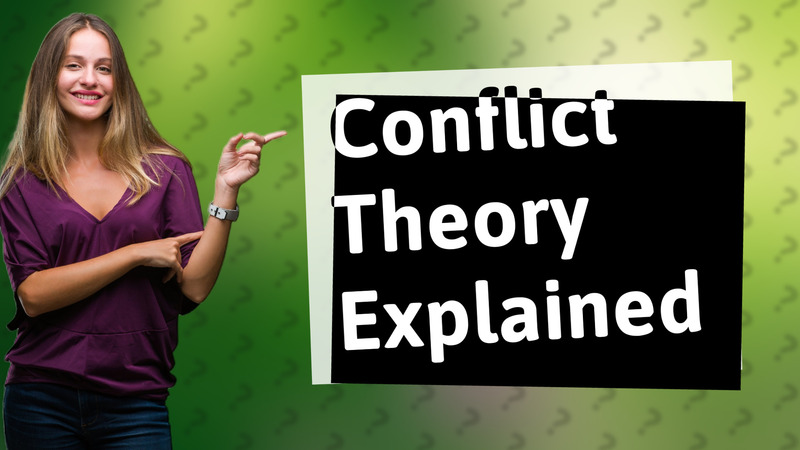
Discover how conflict theory, rooted in Marxist thought, explains social inequality and power dynamics.
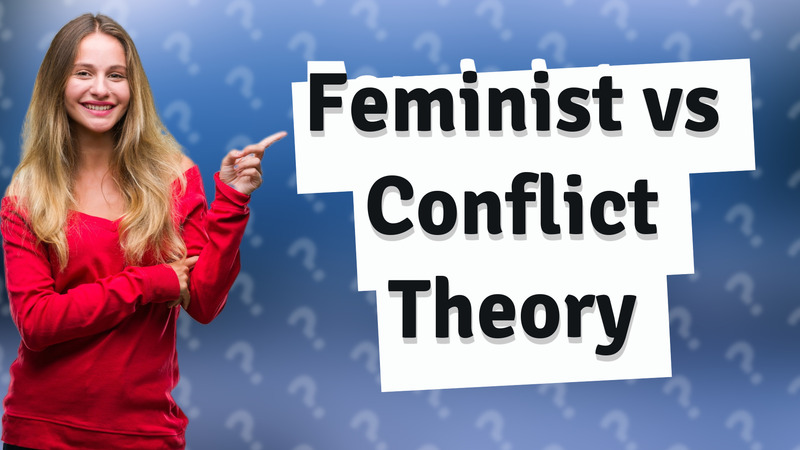
Discover how feminist theory and conflict theory address social inequalities and power dynamics.
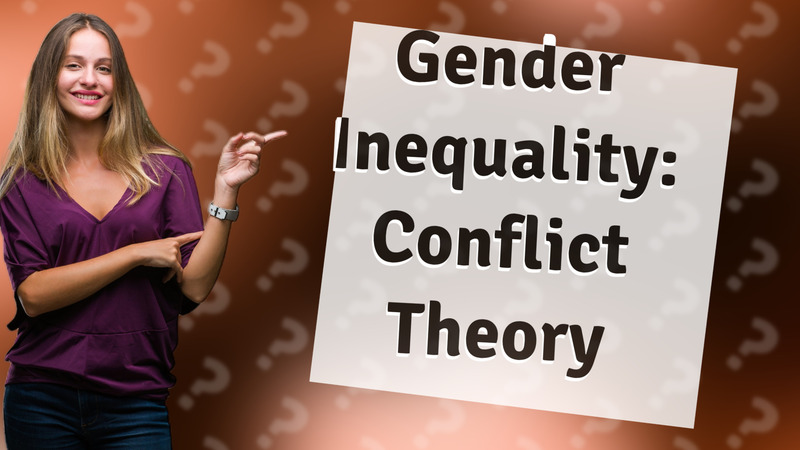
Explore how conflict theory explains gender inequality in society and the need for structural changes to promote equity.

Explore the contrasting views of consensus and conflict theory in education, revealing their impact on social equality and power structures.
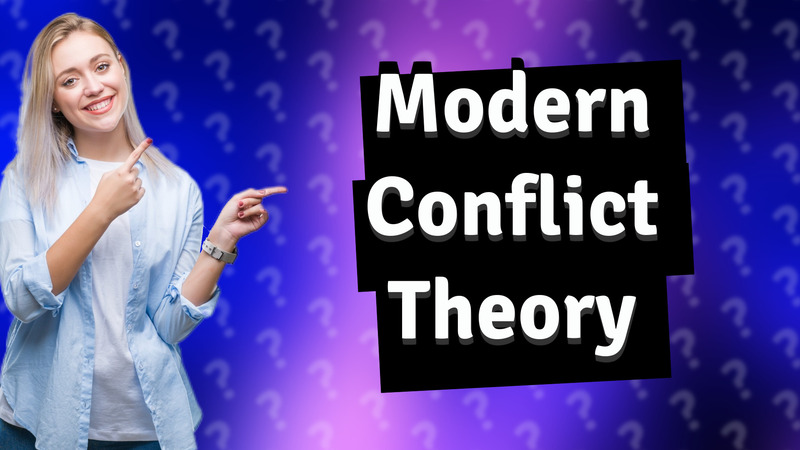
Discover how conflict theory explains current social inequalities and power dynamics in today's world.
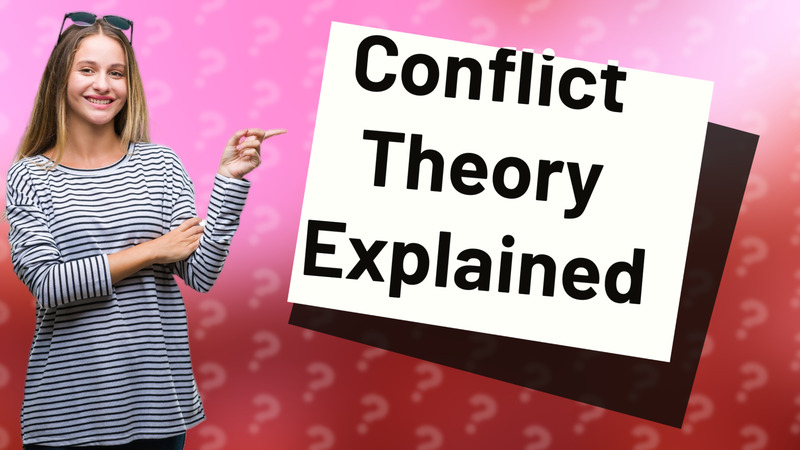
Explore conflict theory in sociology and its impact on social inequality and power dynamics in society.

Explore how conflict theorists see social class, focusing on inequality, power disparities, and social change.

Explore how conflict theory sheds light on the roots of homelessness through systemic inequalities and power imbalances.
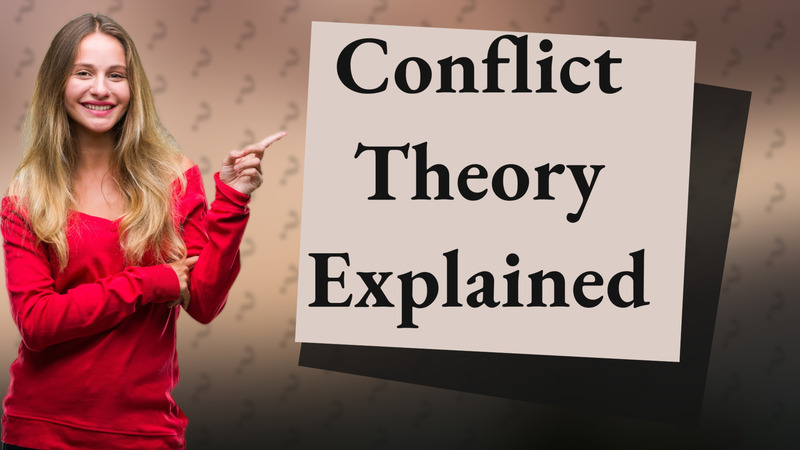
Explore how conflict theory functions as a structural theory focused on societal power imbalances.
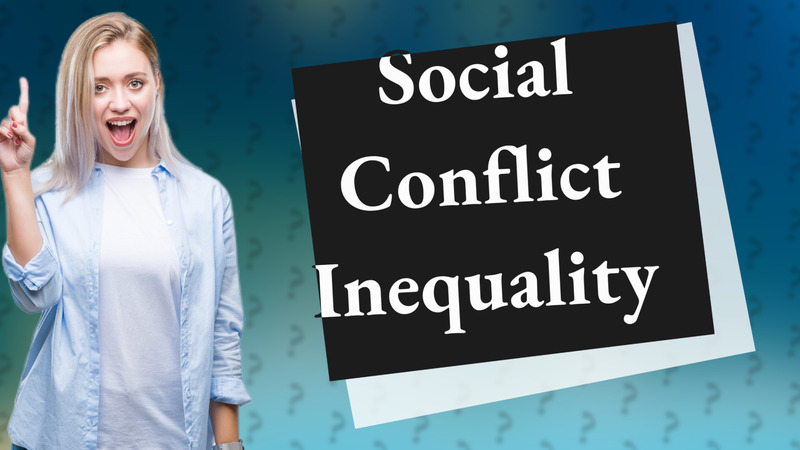
Explore how social conflict theorists view inequality as a result of power dynamics and privilege among groups.
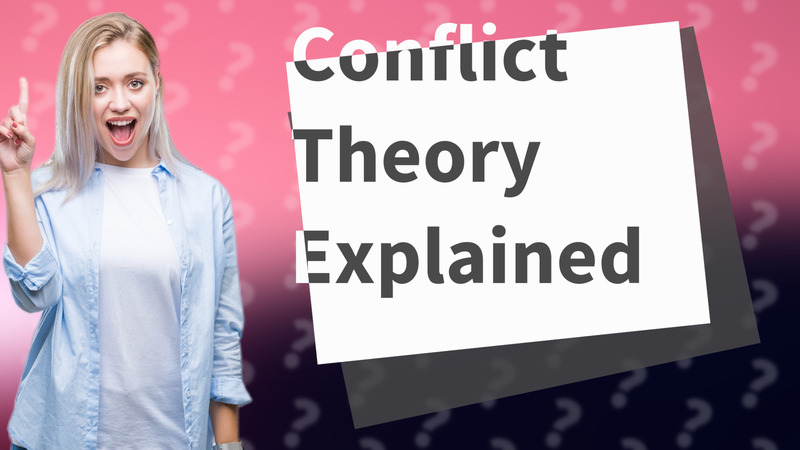
Explore how conflict theory explains human behavior through competition for resources and power dynamics in society.
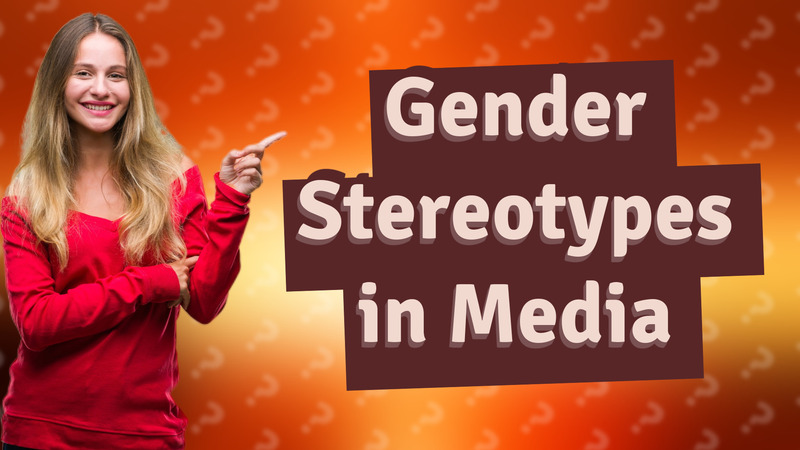
Explore how conflict theory addresses gender inequalities in media representation.
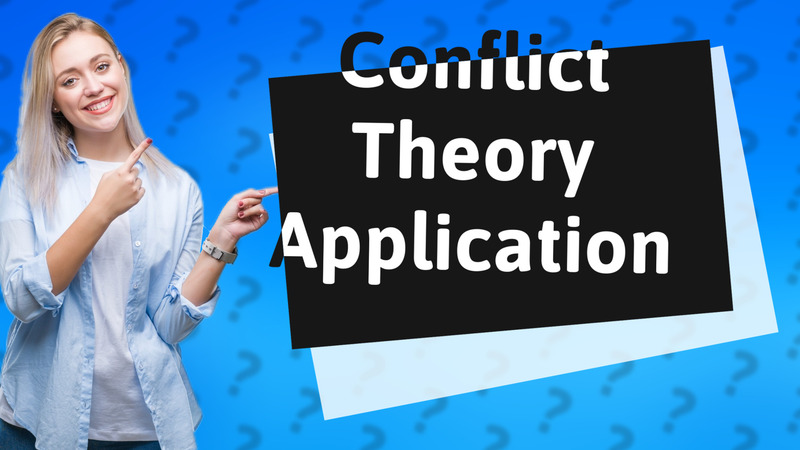
Discover how to apply conflict theory to address social inequalities and promote equitable change effectively.
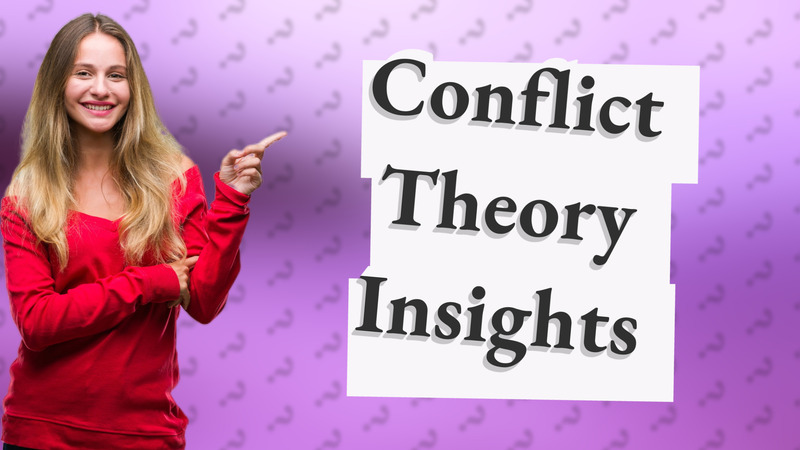
Explore how conflict theorists explain social problems caused by structural inequalities and power imbalances.
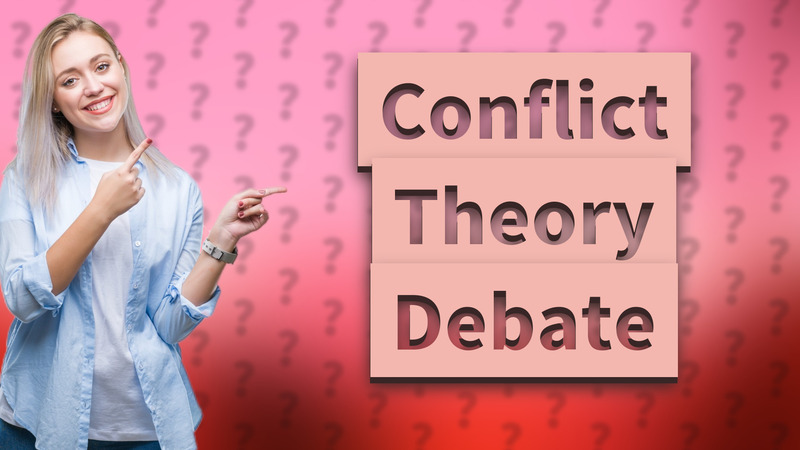
Explore the dual perspectives of conflict theory and its implications for social awareness and change.

Discover the major criticisms of conflict theory, focusing on its oversimplification of social issues.
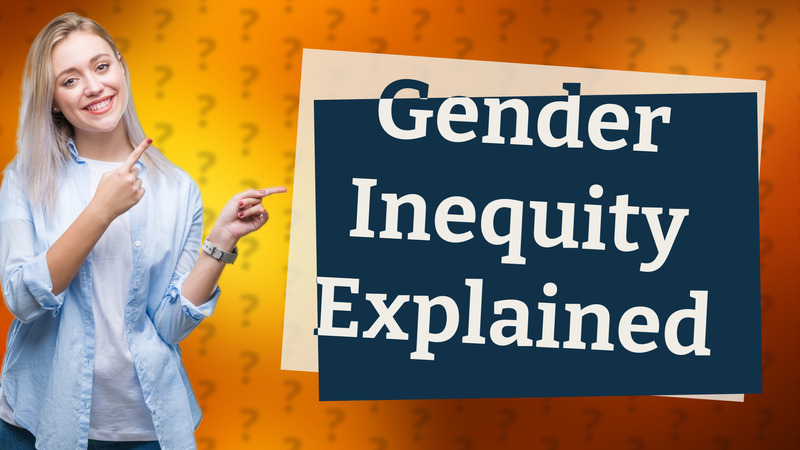
Explore how the conflict perspective explains gender imbalances and promotes inequality in society.